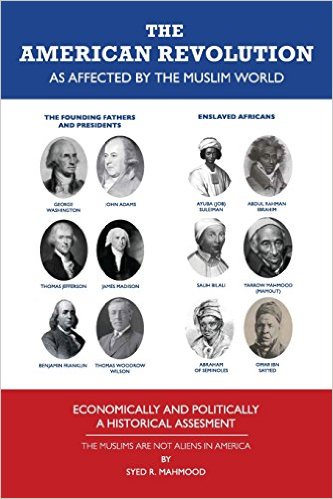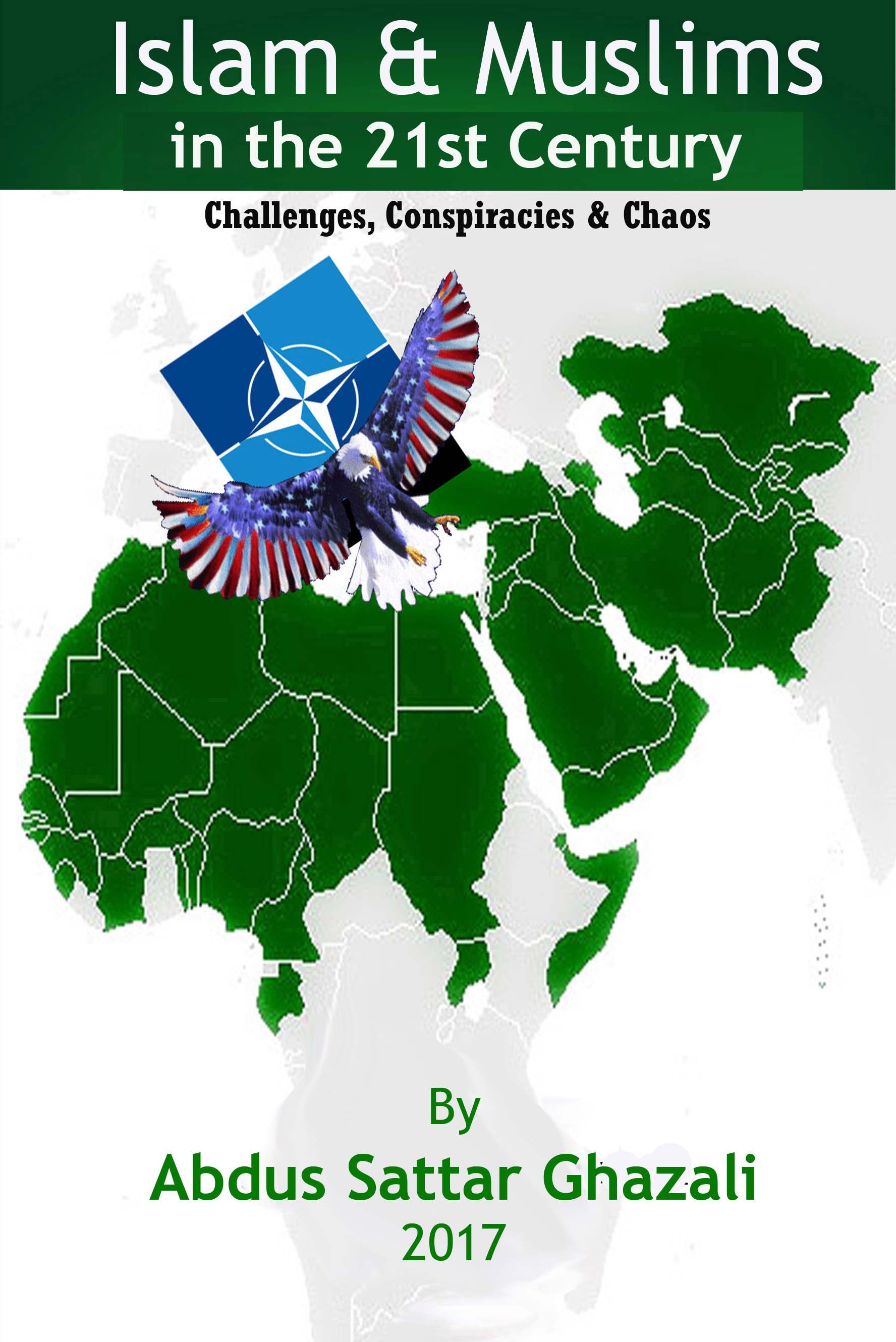October 24, 2020
Sudanese political parties reject normalization of relations with Israel
By Abdus Sattar Ghazali
Sudanese political parties have rejected the government’s decision to normalize relations with Israel, with officials saying they will form an opposition front against the agreement, Al Jazeera reported Saturday.
Dozens of Sudanese people demonstrated in the capital Khartoum on Friday following the joint statement from Israel, Sudan and the United States on Friday saying that the two countries agreed to “end the state of belligerence between their nations”.
Protesters in Khartoum took to the streets and chanted “no peace, no negotiation, no reconciliation with the occupying entity” and “we will not surrender, we will always stand with Palestine,” according to Al Jazeera.
A statement from Sudan’s Popular Congress Party, the second most prominent component of the Forces of Freedom and Change (FFC) political coalition, said Sudanese people are not obligated to accept the normalization deal.
“We see that our people, who are being systematically isolated and marginalized from secret deals, are not bound by the normalization agreement,” the statement said.
“Our people will abide by their historical positions and work through a broad front to resist normalization and maintain our support for the Palestinian people in order for them to obtain all their legitimate rights.”
Muhammad Wadaa, a leader in the Sudanese Baath Party, which is part of the FFC, told Al Jazeera that “the government made a big mistake and it is a step that will not achieve economic abundance”.
He said the anti-normalization front includes a civil force and influential parties from within and outside the forces of freedom and change.
Wadaa said there are a number of parties within the FFC that warned the transitional government they will withdraw their support if normalization with Israel was agreed to.
“Normalization with Israel is a move that is rejected. The government is not authorised to take such a decision with a racist state that practises religious discrimination,” he said.
Sadiq Al-Mahdi
Sudan’s former Prime Minister Sadiq al-Mahdi also slammed the announcement, adding that he withdrew from a government-organized religious conference on Saturday in Khartoum in protest.
Al-Mahdi, who is the country’s last democratically elected premier and heads the country’s largest political party, said: “This statement contradicts the Sudanese national law … and contributes to the elimination of the peace project in the Middle East and to preparing for the ignition of a new war.”
He said the agreement with Israel would jeopardize the authority of Sudan's transitional government, a fragile coalition of civilian and military leaders.
Al-Mahdi, who heads the National Umma Party, was overthrown in a 1989 coup that brought the former president General al-Bashir to power. His party is allied with the pro-democracy movement that led the protests against al-Bashir.
Al-Mahdi accused Trump of being racist against Muslims and Black people, and described Israel as an “apartheid state.”
Kamal Omar, a leader in the Popular Congress Party, said in a separate statement that Sudan’s transitional government is not elected and therefore not authorized to normalize relations with Israel.
“This transitional government hijacked the Sudanese position to satisfy regional and international intelligence agencies,” he said.
The three No’s
Interestingly, Sudan has traditionally played a significant role in the pan-Arab policies. Sudan hosted a landmark Arab League conference in September 1967 after the 1967 Six-Day war where eight Arab countries approved the “three no’s”: no peace with Israel, no recognition of Israel, and no negotiations with Israel.
The Khartoum resolution also called for insistence on the rights of the Palestinian people in their own country.
The Eight Arab countries attending the Khartoum summit included: Saudi Arabia, Egypt, Jordan, Kuwait Yemen, Iraq and the host Sudan.
Tellingly, the six-day war ended with Israel's occupation of the Sinai Peninsula of Egypt, the West Bank of Jordan and the Golan Heights of Syria.
Sudan becomes 3rd Arab country to normalize relations with Israel
By Abdus Sattar Ghazali
Israel and Sudan agreed on Friday to normalize relations in a deal brokered with the help of the United States, making Sudan the third Arab country to set aside hostilities with Israel in the past two months, Anadolu News Agency reported.
U.S. President Donald Trump's aides have been pressing Sudan to take steps toward normalizing relations with Israel, following similar U.S.-brokered moves in recent weeks by the United Arab Emirates (UAE) and Bahrain.
Trump has told the U.S. Congress he will rescind Sudan's designation as a state sponsor of terrorism, the White House said Friday after Sudan transferred $335 million into an account for victims and their families. Last month, Sudanese officials discussed its removal from the U.S. terrorism list in the UAE in return for the recognition of Israel, it was reported earlier.
Sudan's transitional government, in charge since the toppling of President Omar al-Bashir last year, has been pushing to get off the U.S. list, which hinders its ability to access foreign loans to tackle an economic crisis.
According to a joint statement released by Israel, Sudan and the U.S., the two countries will “end the state of belligerence between their nations.”
The statement also noted that the countries will “begin economic and trade relations, with an initial focus on agriculture.” In the coming weeks, the statement says, they will meet to discuss “agriculture technology, aviation, migration issues and other areas.”
“After decades of living under a brutal dictatorship, the people of Sudan are finally taking charge,” said the joint statement released by the White House on Friday. “The Sudanese transitional government has demonstrated its courage and commitment to combating terrorism, building its democratic institutions, and improving its relations with its neighbors.”
The Trump administration’s brokering of the deals as it works toward a Middle East peace deal has earned the commander-in-chief multiple Nobel Peace Prize nominations, the New York Post said Friday. Last month, Christian Tybring-Gjedde, a member of the Norwegian Parliament and chairman of the NATO Parliamentary Assembly, submitted the nomination. “For his merit, I think he has done more trying to create peace between nations than most other Peace Prize nominees,” Tybring-Gjedde told Fox News.
The United Arab Emirates and Bahrain have in recent weeks launched fast tracks to open up diplomatic affairs, trade and tourism with Israel, but Sudan is especially significant because it is by far the largest of the three countries, in land mass and in population, Jewish Telegraph Agency said adding: It is also symbolically significant because its capital, Khartoum, is where the Arab League met in 1967 after the Six-Day War and issued its “three no’s” to reject any engagement with Israel whatsoever and to continue the state of war.
Israeli deal with Sudan was a new setback for the Palestinians, who have long counted on the Arab world to press Israel to make concessions to them as a condition for normalization. That wall of Arab support had long served as one of the Palestinians’ few points of leverage against Israel.
The deal, which comes less than two weeks before the U.S. election, has been carefully coordinated between the three countries in recent days. They sought to balance the White House’s desire to notch another diplomatic victory in the run-up to the vote and Sudan’s reported desire not to be seen as capitulating in exchange for favors from Washington, according to Washington Post.
Abdus Sattar Ghazali is the Chief Editor of the Journal of America (www.journalofamerica.net) email: asghazali2011 (@) gmail.com

The Journal of America Team:
Editor in chief:
Abdus Sattar Ghazali
Senior Editor:
Prof. Arthur Scott
Special Correspondent
Maryam Turab
Your donation
is tax deductable.



